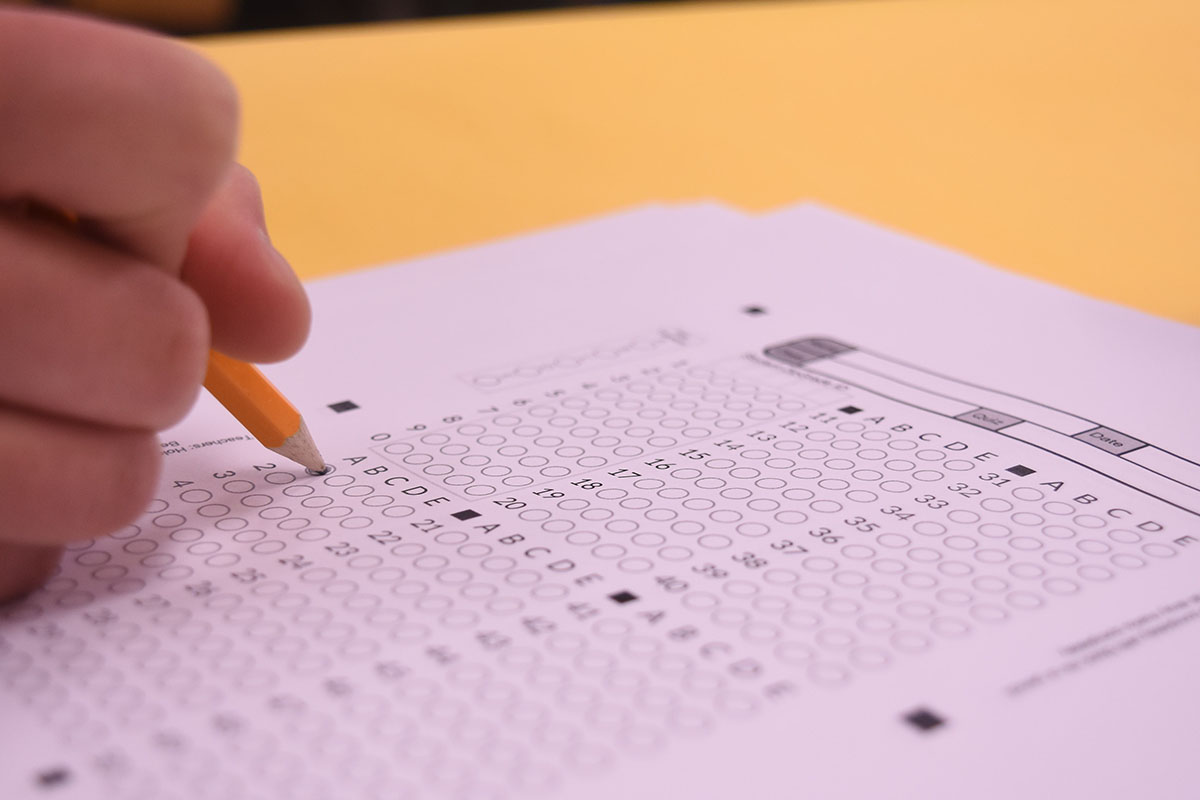
Nieuwenhuizen’s chapter is about the work that assistant principals do and why that work is critical for equity, multicultural work and culturally-relevant pedagogy. She described her study in the chapter, which discovered that assistant principals were somewhat underprepared for dealing with these issues.
“The study found that assistant principals are typically not adequately prepared by their university training programs because they lack pragmatic experience, pragmatic knowledge. They lack training in culturally-relevant pedigogy, critical race theory, those kind of things,” Nieuwenhuizen said. “When they come out of training, out of their programs, they’re sort of at a disadvantage, because the schools have become a lot more multicultural and a lot more diverse over the last twenty years, but the preparation programs haven’t really changed, so there’s a gap between the theory and practice that you’re taught at a university, and what actually happens on the ground, in the trenches, doing the work.”
In addition to making recommendations as to what the preparation programs should include, Nieuwenhuizen learned from her study that assistant principles, who she said are typically “thrown into the job” after getting a degree, suffer from a lack of support and burn out, which leads to them leaving their job. She originally conducted all of this research several years ago and still finds it intriguing.
“It’s opened a whole new aspect of education that I’m interested in researching and [continuing] to do so,” Nieuwenhuizen said.
Originally, her dissertation was on school violence. She had already defended it and had only two chapters left, but she was sick of it and couldn’t deal with the subject material anymore. Instead, she started looking at principals through a “critical race perspective”. Although she graduated an extra year later, “it’s been very worthwhile.”
The critical race perspective focuses on the concept of white hegemony, in that the United States were founded by “a bunch of rich, old white guys”, and as a result, white males have certain privileges, Nieuwenhuizen said. The critical race theory, she said, helps to look at the systemic issues in society and culture that result in uneven “playing fields” for students of color. This theory is closely intertwined with culturally-relevant pedagogy.
“Students of different colors or cultures,” Nieuwenhuizen said, “need to see and feel themselves in the curriculum that they’re studying.”
Nieuwenhuizen chairs the multicultural committee at RBHS, which has worked on learning about culturally-relevant pedagogy and on how to close the achievement gap for the last two years. The committee has held meetings with teachers to increase awareness of the “fairly significant” gap and work on ways to close the gap, a subject that Nieuwenhuizen plans to work on this summer with the aid of data analysis.
In addition to the achievement gap, Nieuwenhuizen is writing chapters about how race and spirituality impact decision-making and the type of decisions made, in addition to how it affects the type of interaction assistant principals have with students. Other than teaching a college class about curriculum leadership, she’s penning three chapters for a textbook about leadership preparation. All of this is work is not part of her job, but simply interests her. She hopes that her research will help change behavior and increase “the learning environment for teachers and for the kids that are in the rooms.”
“I enjoy the work; I like the work here with the kids, but there’s a lot more positive things that I think can come out of the work other than just discipline,” Nieuwenhuizen said, “because discipline is just trying to change behavior so students can achieve … I don’t think teachers like to write referrals, necessarily, they write referrals so that they can improve the learning environment in their classroom, so all students can learn.”
By Atreyo Ghosh
The book Nieuwenhuizen contributed to, Anti-Racist School Leadership, is out right now. The second book she contributed to, about race and spirituality, comes out in the fall.




















































































